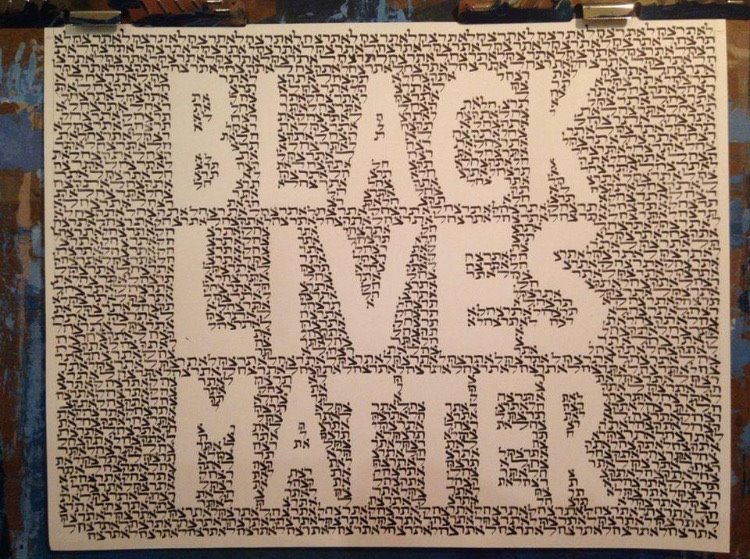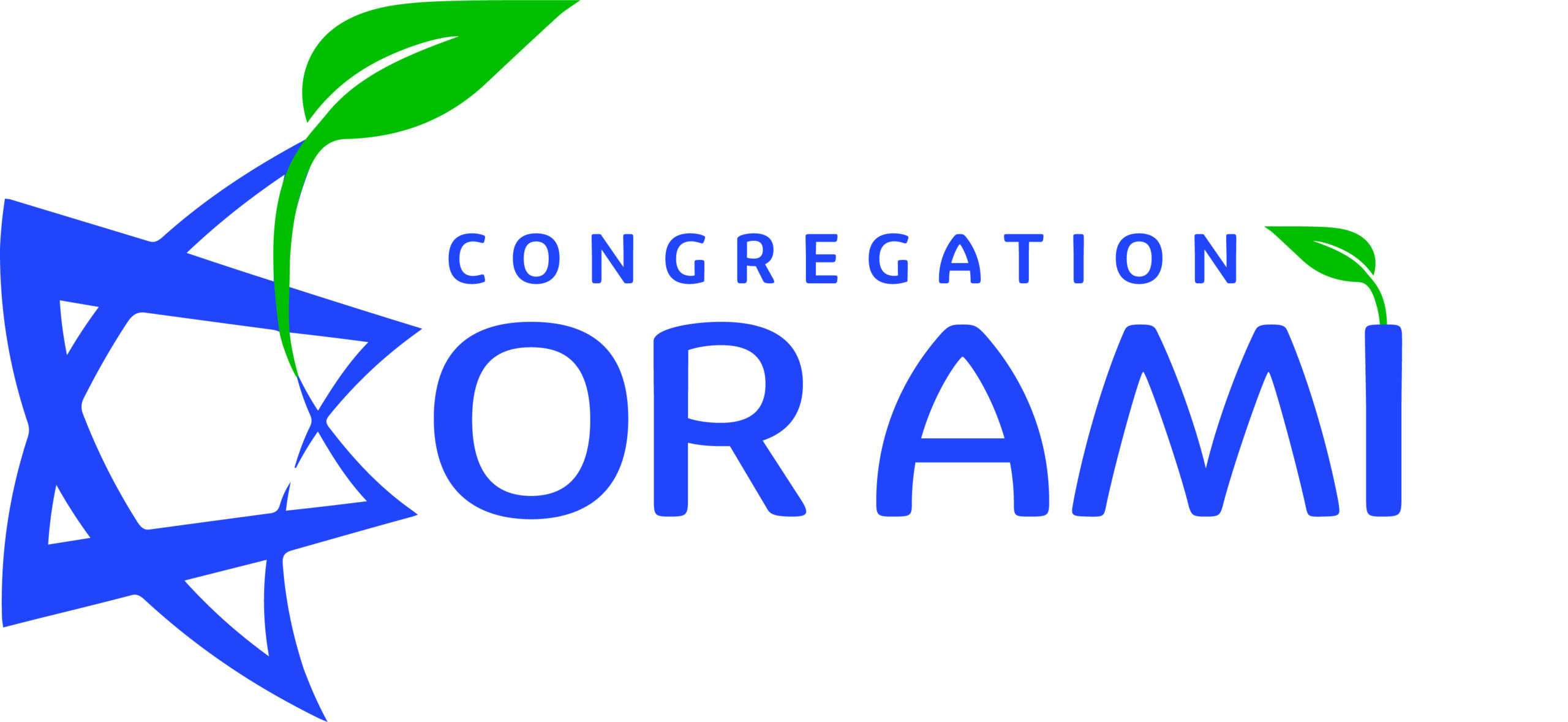In our evening prayer we pray for a sukkat shalom, a shelter of peace, to surround us. On this evening when Richmond is under curfew in response to violent protests, we, too, pray for peace; however, we must acknowledge that in order for peace to be complete, it must be just.
Richmond, along with many other American cities, has been beset with protests because our citizens are outraged that George Floyd was brutally killed by a Minneapolis police officer. Floyd was killed like Dreasjon Reed, like Breonna Taylor, like Ahmaud Arbery—and these are just the people of color who have senselessly been killed by active or retired police officers since the start of the pandemic. The protests are an expression of anger against how our society has failed to protect and support its citizens of color, and the black community is paying with their lives.
These incidents of police brutality are, in part, the legacy of American slavery and systemic racism that devalues human life. These deaths and the protests in response are happening against the backdrop of the Coronavirus quarantine which has tested every one of us in these last months; and, of course, Covid-19 has disproportionately impacted people of color. We are in need of moral leadership in the halls of government that can shed light on a path forward—through the pandemic, through the economic crisis, through the outcry for justice for all Americans, regardless of race, ethnicity, sexual or gender identity and religion.
The Talmud teaches that “when the community is suffering a person may not say: I will go to my home and I will eat and drink, and peace will be upon me.” (BT Ta’anit, 11a) We will not ignore the pain that has been wrought by systemic racism. We recommit ourselves to uphold the Torah values to love our neighbors as ourselves, to see dignity in every human life, to preserve every human life. Tonight as we grieve George Floyd’s death we must be explicit: Black lives matter.
So the peace we pray for this evening will not be complete—we are still a country in shock and grief. Yet, we must pray for peace as we lie down to sleep this evening. And when we rise up tomorrow morning, let us rise up, renewed, ready to work for a more complete, a more just peace.
We end with the words of the Hashkiveinu prayer: May G-d guard our going and coming, to life and to peace evermore.
Grant, O G-d, that we lie down in peace, and raise us up, our Guardian, to life renewed. Spread over us the shelter of Your peace. Guide us with Your good counsel; for Your Name’s sake, be our help. Shield and shelter us beneath the shadow of Your wings. Defend us against enemies, illness, war, famine and sorrow. Distance us from wrongdoing. For You, G-d, watch over us and deliver us. For You, G-d, are gracious and merciful. Guard our going and coming, to life and to peace evermore.
Central Conference of American Rabbis Statement on Racist Killings

(Click on image for larger version.)
From Oakland-based artist Rachel Stone: “The text is ‘lo tirtzach,’ Hebrew for ‘you shall not murder’ from the Ten Commandments, written repeatedly as the background. This is based upon a mystical teaching that the Torah is made of black fire (the letters) and white fire (the spaces) and that the spaces say just as much as the text. I hope I’m also working towards a world where it’s universally obvious that ‘do not murder’ includes black people, but I spelled it out here because black lives matter.”



